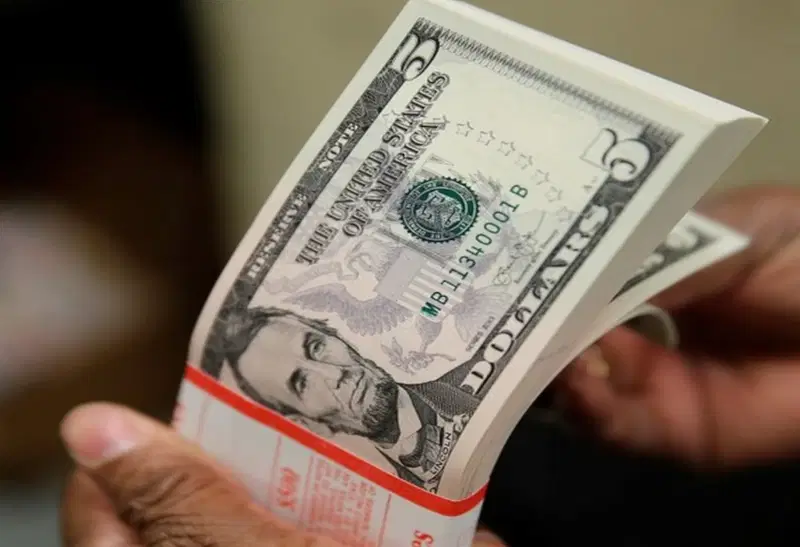
The Nigerian Senate has begun legislative efforts to outlaw the use of foreign currencies, such as the U.S. dollar and British Pound, for payments and transactions within the country. This initiative, aimed at reclaiming Nigeria’s monetary sovereignty, passed its first reading in the upper chamber.
The proposed legislation, titled “A Bill for an Act to Alter the Central Bank of Nigeria Act, 2007, No. 7, to Prohibit the Use of Foreign Currencies for Remuneration and for Other Related Matters,” is sponsored by Senator Ned Nwoko (PDP, Delta North), Chairman of the Senate Committee on Reparations and Repatriation. The bill addresses the overwhelming influence of foreign currencies in Nigeria’s financial system, which has sidelined the naira and significantly affected its value.
Senator Nwoko described the use of foreign currencies in local transactions as a “colonial hangover” and stressed the urgent need for Nigeria to achieve full economic independence. He characterized the bill as a bold and visionary step toward economic sovereignty and sustainable growth.
The bill proposes a ban on foreign currency payments, including salaries and transactions for both local and expatriate workers, ensuring that all remunerations are made in naira. This, according to Nwoko, would eliminate discriminatory practices and bolster confidence in the naira.
Another key component is the requirement for crude oil and other exports to be sold exclusively in naira. This would compel international buyers to purchase the local currency, driving demand and enhancing its value.
The legislation also seeks to eliminate Nigeria’s informal currency market, which undermines the formal economy with unethical practices such as round-tripping by banks. Furthermore, it directs financial institutions to provide affordable loans to local manufacturers to stimulate industrial growth and economic development.
Senator Nwoko highlighted the need for Nigeria to reform its foreign reserve practices by storing reserves domestically. This, he said, would safeguard the nation’s economic sovereignty and reduce vulnerability to external shocks.
The bill envisions a comprehensive transition to a naira-based financial system, reinforcing the currency’s dominance and creating an equitable and self-reliant economy. It also proposes an integrated approach to economic development, focusing on local innovation, production, and sustainable growth.








